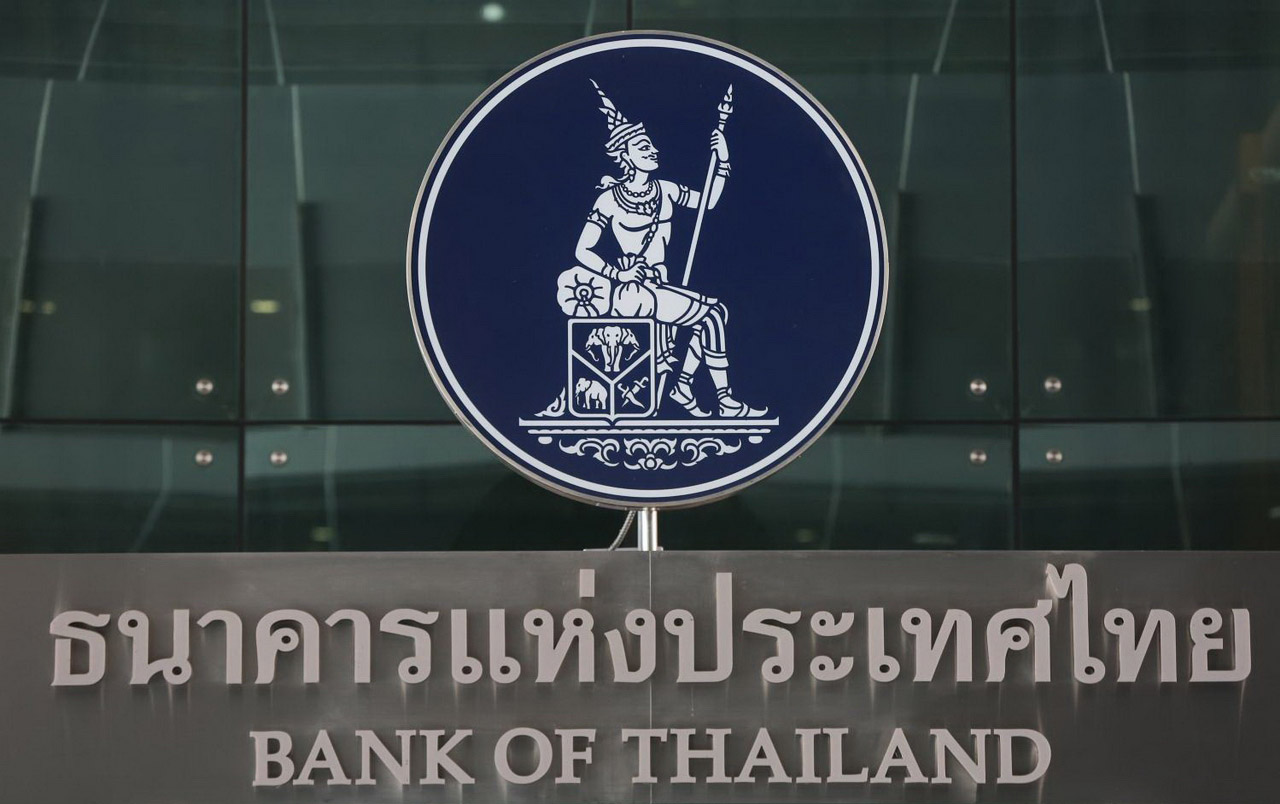Part IX: Combination of Limited Companies
The Thai Civil and Commercial Code (“CCC”) came into force on January 1, B.E. 2468 (1925). It sets forth general and specific rules on a broad range of civil law issues affecting both businesses and individuals. For businesses, some of the CCC’s key areas include, company and partnership law, contracts, sales, obligations, wrongful acts (i.e. liability for negligence or intentional harm), property, mortgages, loans and related forms of security arrangements, leases and agency. The commercial business environment in Thailand has evolved over the years, and so has the CCC. The current amendments to the CCC are aimed at simplifying business processes and enhancing Thailand as a hub for doing business in Southeast Asia.
As the first in a series of descriptions of the key amendments to the CCC, this article focuses on Part IX: the Combination of Limited Companies, which is of great interest to investors doing business in Thailand.
Part IX: Combination of Limited Companies
This draft amendment to the CCC (Finished Matter Number 559/2560) was approved by the Council of State on May 8, 2017 and is now being considered by the Department of Business Development, of the Ministry of Commerce. If accepted, the draft will then be sent to the National Legislative Assembly to be promulgated before being published in the government gazette.
Previously, the only type of Merger and Acquisition (“M&A”) recognized by the CCC was an “Amalgamation”. Other types, e.g. share acquisition or asset acquisition, although available, were merely practices and not covered by the CCC.
Amalgamation can be summarized as a combination of two or more companies to form a new company. As a result of the combination, the former companies will no longer exist.
The draft amendment introduces another type of M&A called “Merger”. The concept for the “Merger” involves the combination of two or more companies with the cessation of one or more merged companies while one other company continues to exist, without resulting in the formation of a new company. This is the key difference between a “Merger” and an “Amalgamation”.
In contrast, an “Acquisition” occurs when a company is acquired, either through the purchase of its shares or its assets. If the acquisition is of assets, the dissolution of the acquired company is not mandatory unless the parties wish to enjoy potential tax advantages.
In an Entire Business Transfer (“EBT”), the acquired company must dissolve within the same fiscal year, and meet other requirements in order to obtain certain tax exemptions, deferrals and other benefits. (“Notification of the Director-General of Revenue Department Re: Tax Exemption for Amalgamation and EBT No. 3).
Section 1238 of the draft amendment prescribes that:
“A limited company may not combine with another limited company except by special resolution.
“Two or more companies may combine in any of the following ways:
(1) Amalgamate to become a new company, and the company so amalgamated ceases to be a juristic person, called “Amalgamation”.
(2) Merge, wherein any one company remains a juristic person and the other merged company ceases to be a juristic person, called, “Merger”.”
The properties, liabilities, obligations and responsibilities of the combined companies shall be assumed by the newly combined company pursuant to Section 1243 of the draft amendment.
As before, the decision to combine with another company must be approved by a special resolution of three-quarters (3/4) of the shareholders’ votes. Other processes, e.g. notice to the creditors, registration period, etc., are stipulated in this draft amendment.
This draft amendment to Part IX: Combination of Limited Companies is one of many to the CCC. It and other pending amendments will affect present practices in the M&A field. In providing more options for investors, this may be an appropriate time to review which type of M&A method best supports your business plans and objectives.
| Key Contacts Ratana Poonsombudlert TEL: 66-2-266-6485 Ext 153 ratana.p@chandlermhm.com Peangnate Sawatdipong TEL: 66-2-266-6485 Ext 122 peangnate.s@chandlermhm.com E.T. Hunt Talmage III |
Athiwuth Phanprechakij TEL: 66-2-266-6485 Ext 221 athiwuth.p@chandlermhm.com Suphakorn Chueabunchai TEL: 66-2-266-6485 Ext 115 suphakorn.c@chandlermhm.com Supakan Nimmanterdwong TEL 66-2-266-6485 Ext 148 supakan.n@chandlermhm.com Kiratika Poonsombudlert TEL 66-2-266-6485 Ext 168 kiratika.p@chandlermhm.com |
Chandler MHM Limited |



























































 Chandler MHM Limited
Chandler MHM Limited Jessada Sawatdipong
Jessada Sawatdipong







